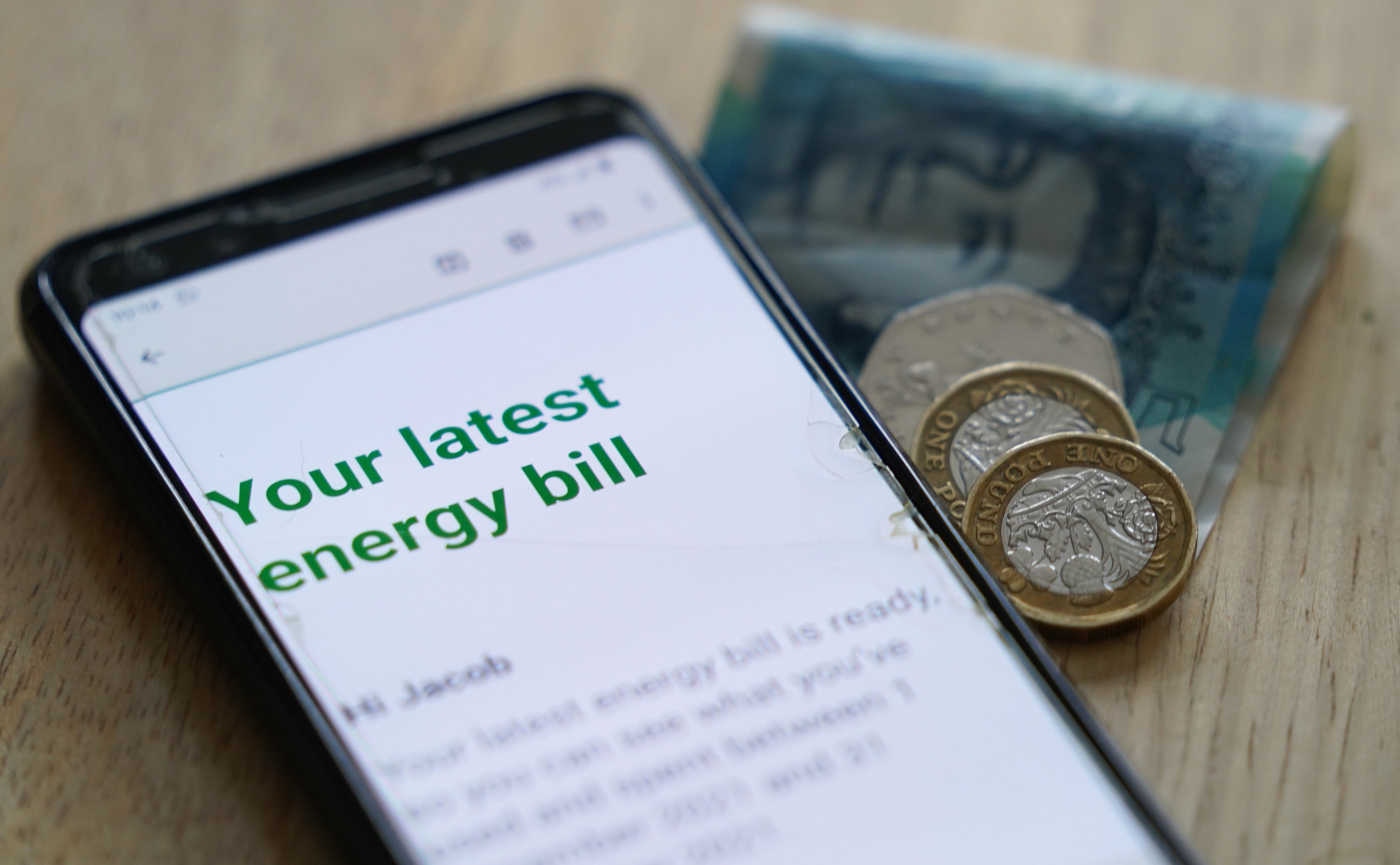Rishi Sunak’s energy bill loans and council tax rebates are not enough to help those struggling
Coming on the day Shell announced stellar profits, many will be angry at the level of help being offered by the chancellor, says Ben Chapman


It was unfortunate for Shell that Ofgem decided to ruin its party on Thursday. The UK's biggest company should have been toasting its “momentous year” as earnings quadrupled to $19bn thanks to massive jumps in oil and gas prices.
But the timing could hardly have been worse. Even Downing Street mandarins might have found it distasteful to raise a glass, given the circumstances.
Just hours after Shell published its stellar results, millions of people felt the sharp end of the rising energy prices that have so handsomely filled Shell's coffers.
Most of us will be hit with a 54 per cent spike in our energy bills in April - equivalent to £693 extra for the average household.
For Boris Johnson, there was perhaps some relief at the presence of two news stories side by side that might make the public more angry than his own conduct.
For 22 million energy customers, it means the intensification of a scary cost-of-living squeeze that will only get worse as the year drags on.
There will be a rise in national insurance contributions in April, costing about £250 for someone earning £30,000 a year. Food price inflation will take another £180 chunk; the price of petrol has jumped by a quarter in a year, and mortgage payments will rise for many people too after the Bank of England put up interest rates on Thursday.
Rishi Sunak approached the despatch box in his now familiar role, ever more reluctantly brandishing the national chequebook while making desperate pleas to be seen as a fiscal conservative.
This time, the support he announced was – most observers agreed – deeply disappointing.
All domestic energy customers, regardless of wealth or income, will get a £200 discount on their bill in October.
However, it is not a grant but a loan, which is to be paid back in instalments over five years. The assumption is that wholesale prices will come down and people will pay back the loan when budgets are under less strain.
But there is no guarantee prices will come down. In fact there is plenty of reason to think they will remain elevated. Global demand is not expected to soften any time soon and the UK remains heavily dependent on gas.
Sunak also offered a £150 council tax rebate, but it too has problems. Everyone in a property rated band A to D will get it automatically, the idea being that these properties are less valuable and therefore it is targeted at those on lower incomes.
Council tax bands were calculated in 1991, however, and are a poor indicator of income, so lots of wealthy people will get money off their tax bill while about one in 12 of the poorest will miss out.
According to the New Economics Foundation, one in three people who get a rebate will see no net benefit because the rebate money means they will miss out on an equivalent amount of council tax relief that they are already entitled to.
There were no easy ways to deliver this support, but there were better ones, such as increasing benefits payments, which would have been targeted much more closely at people who need help.
That said, it's not only the poorest who will feel the pinch.
According to the Institute for Fiscal Studies, a worker on £30,000 will be about £400 worse off in real terms in 2022-23 than they were in 2021-22. Their earnings will fall by £750, partly thanks to Sunak’s tax rises, offset by £350 Sunak’s tax relief.
Most concerningly, by choosing to offer universal support, the chancellor did not provide enough help to the millions of people who will struggle to cover the essentials.
The Child Poverty Action Group described his measures as “piecemeal”, and Labour branded them “buy now, pay later”, but the most damning assessment came from the Resolution Foundation.
It found that the number of people in “fuel stress”, meaning they will struggle to afford enough energy, will double to 5 million this year. The chancellor cannot say he wasn't warned.






Join our commenting forum
Join thought-provoking conversations, follow other Independent readers and see their replies
Comments